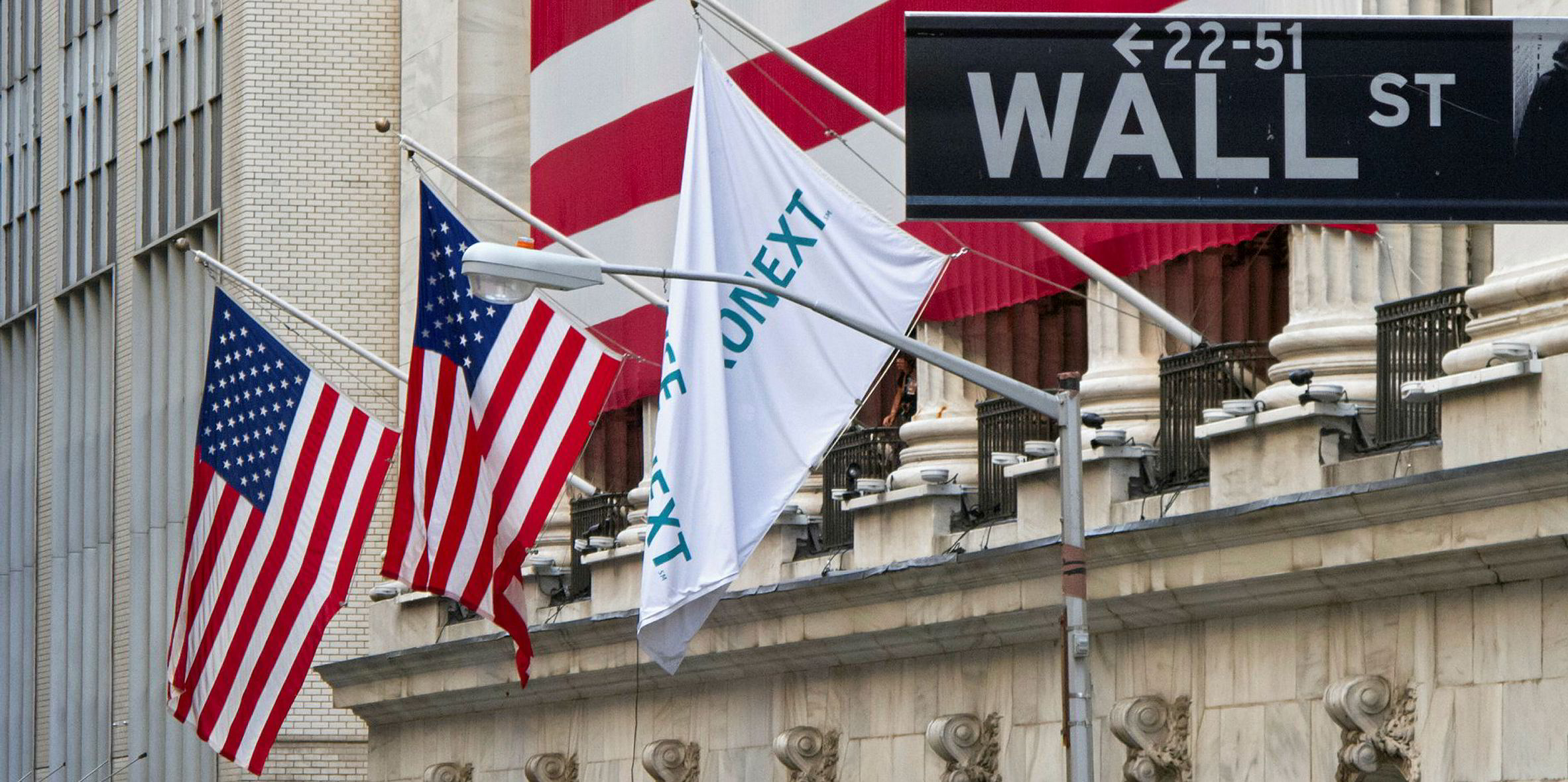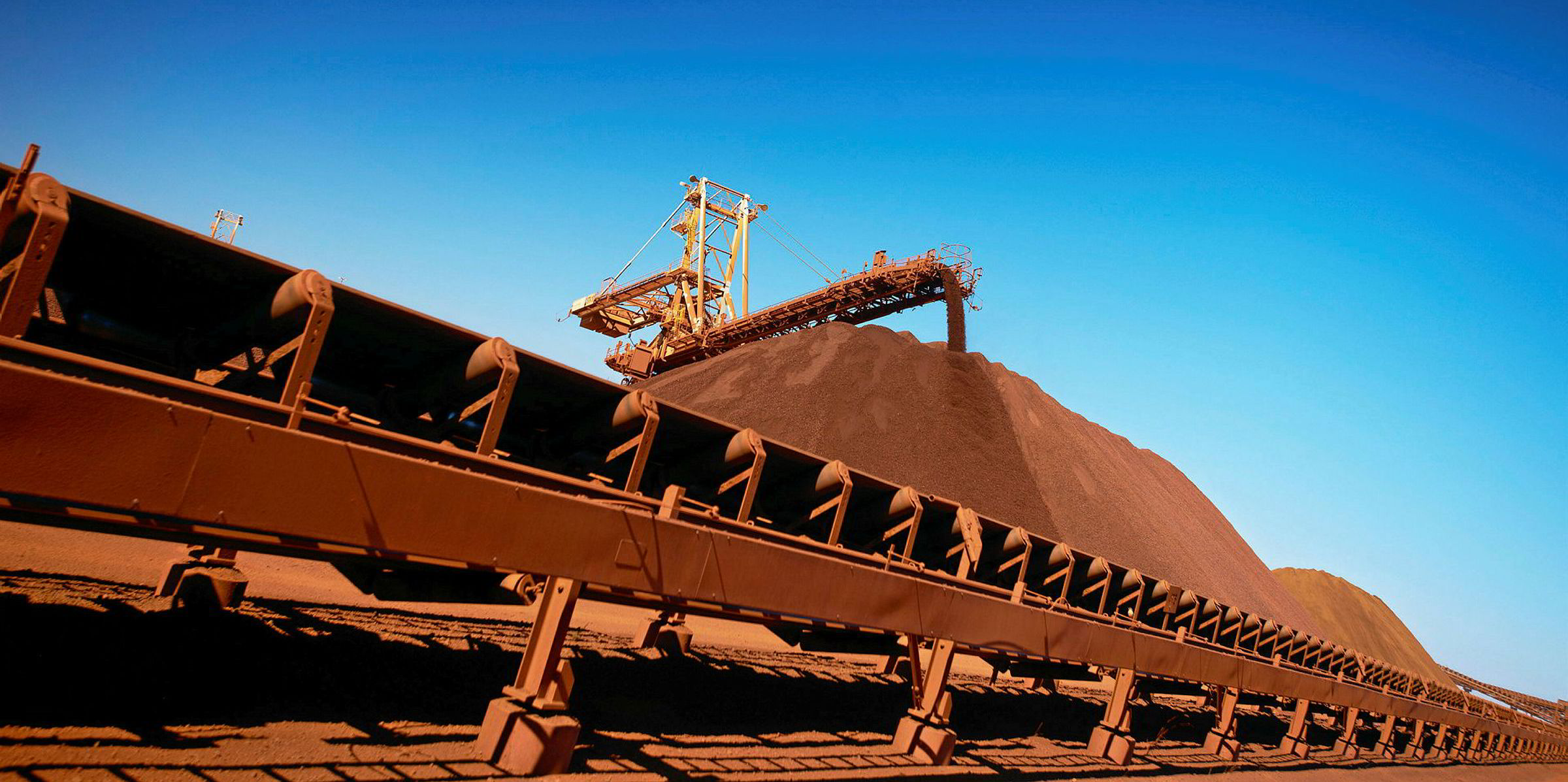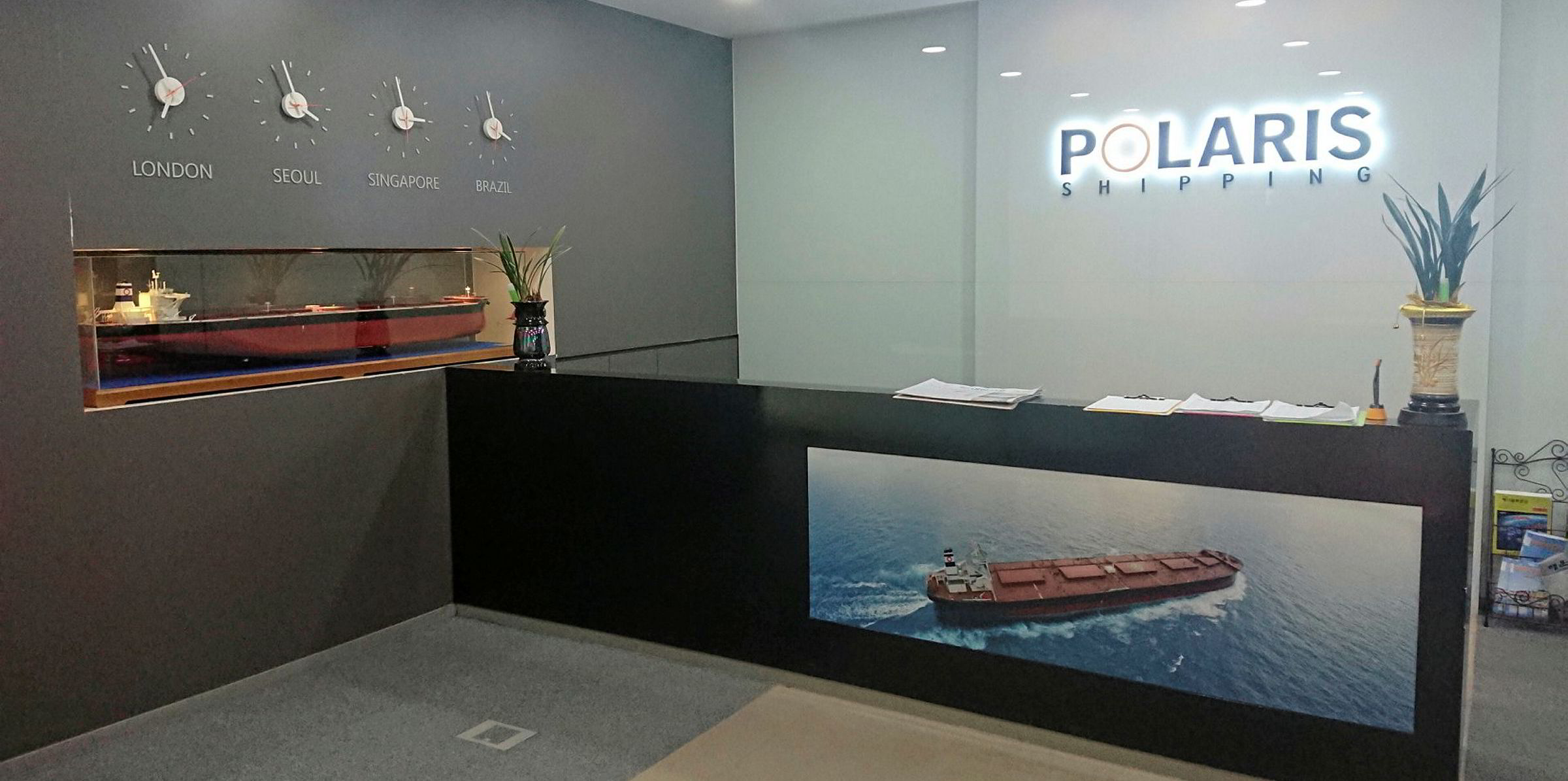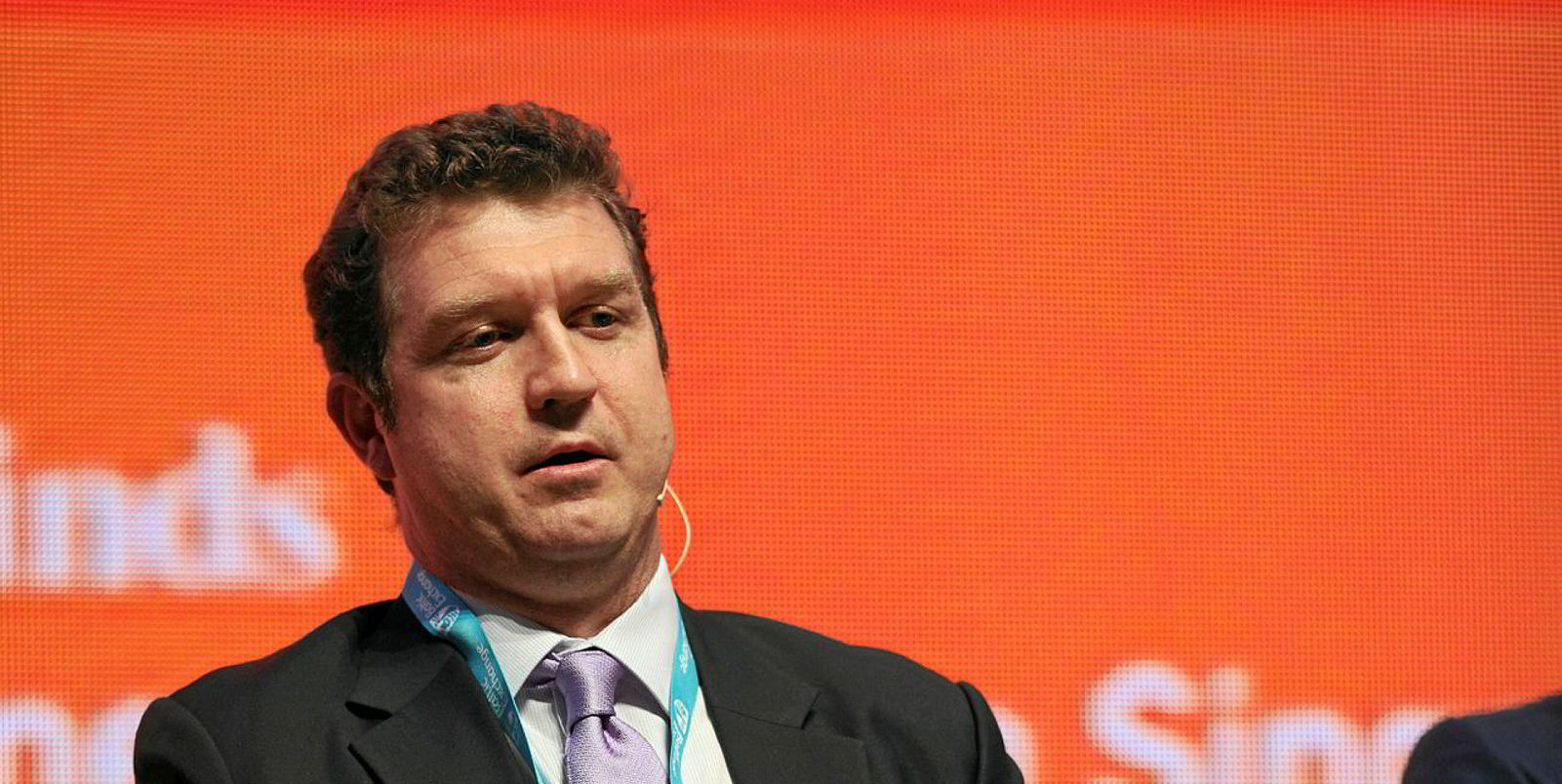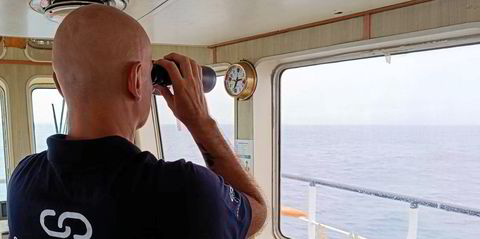Bimco has warned that players should not expect bulk markets to bounce back from the downturn in 2020 like they did in 2016, even as the capesize spot market posts its fifth consecutive trading day of growth.
The Baltic Dry Index (BDI) rose by 40 points to 632 on Thursday, aided by a stronger capesize spot market.
But in May and early June the BDI reached the lowest level recorded for that period for 20 years and Peter Sand, Bimco's chief shipping analyst, forecasts that bulk markets will remain at depressed levels for the rest of 2020.
“The dry bulk market depends on global economic growth and with the current prospect of declining demand in 2020, the dry bulk outlook remains lacklustre for the rest of the year," Sand said in a research note on Thursday.
"The movements of the Baltic Dry Index in 2020, hovering at unusually low levels in June, underscores just how challenged the market is."
Flashback to 2016
Bimco said that the dire market conditions seen this year could cause flashbacks to previous years of "extreme hardship" like 2016, when utilization of the global bulker fleet fell to its lowest level in this century and the BDI bottomed out at 291 points.
But the Copenhagen-based shipping organisation has warned that things are different this time around.
"With falling demand in 2020 and challenging fleet growth in recent years, the cards seem to be stacked against a year of profitability,” Sand said.
The dry market in 2020 has been served a "toxic cocktail" of a significant drop in demand, as was seen in 2009, as well as substantial supply-side overcapacity as seen in 2016, according to the Bimco research.
Chinese stimulus
Onlookers in today's bulk market are pinning their hopes on a fiscal stimulus package in China, which would jolt demand for shipping back to life, as was seen following the 2008 crash.
Bimco said massive fiscal stimuli in China could be one of the few factors that helps the dry bulk market return to profitability, but "expectations should not be set too high".
"In the years following the global financial crisis, Chinese economic stimulus was the saving grace for the dry bulk market, but several factors are currently suggesting that 2020 will not unfold along the same lines," Sand said.
"The dry bulk market is likely to recover gradually and at a slow pace alongside the global economy, but losses from the first half of the year will be difficult to recoup, even with a large-scale rollout of stimulus."
The Chinese government last month suspended its economic growth target for 2020, which Bimco said shows not only significant uncertainty about the global economy, "but is also an indication that the government will no longer promise economic growth at any cost".
Thursday's capesize market
The capesize spot market edged up again on Thursday, with increases seen across all the Baltic Exchange's benchmark routes.
Capesize earnings were assessed $910 higher at $6,177 per day.
This came on the back of round voyages across the Pacific and round trips from China to Brazil being assessed at over $1,000 higher than on Wednesday.
Trans-Pacific rounds from China/Japan were assessed $1,195 higher at $8,908 per day.
Phoenix Energy Navigation's 179,223-dwt Corinthian Phoenix (built 2009) was reported fixed to MOSK on Thursday for a round-trip from China via eastern Australia at $8,500 daily, loading between 7 and 9 June and redelivering in Singapore.
Likewise, some $1,077 was added to the Baltic's assessment for round voyages to Brazil from China, which were $6,009 per day on Thursday.
Capesize earnings have grown by $2,949 since last Thursday, when they were assessed at $6,177 per day.
This has brought capes in the spot market back above the estimated daily operating expenditure of $5,019, excluding fuel costs, according to the latest Baltic estimate.
Two capes were reported fixed to major miners for ore trips from Western Australia to China, both at a rate of $5.15 per tonne, one for Rio Tinto and another for BHP Billiton.

